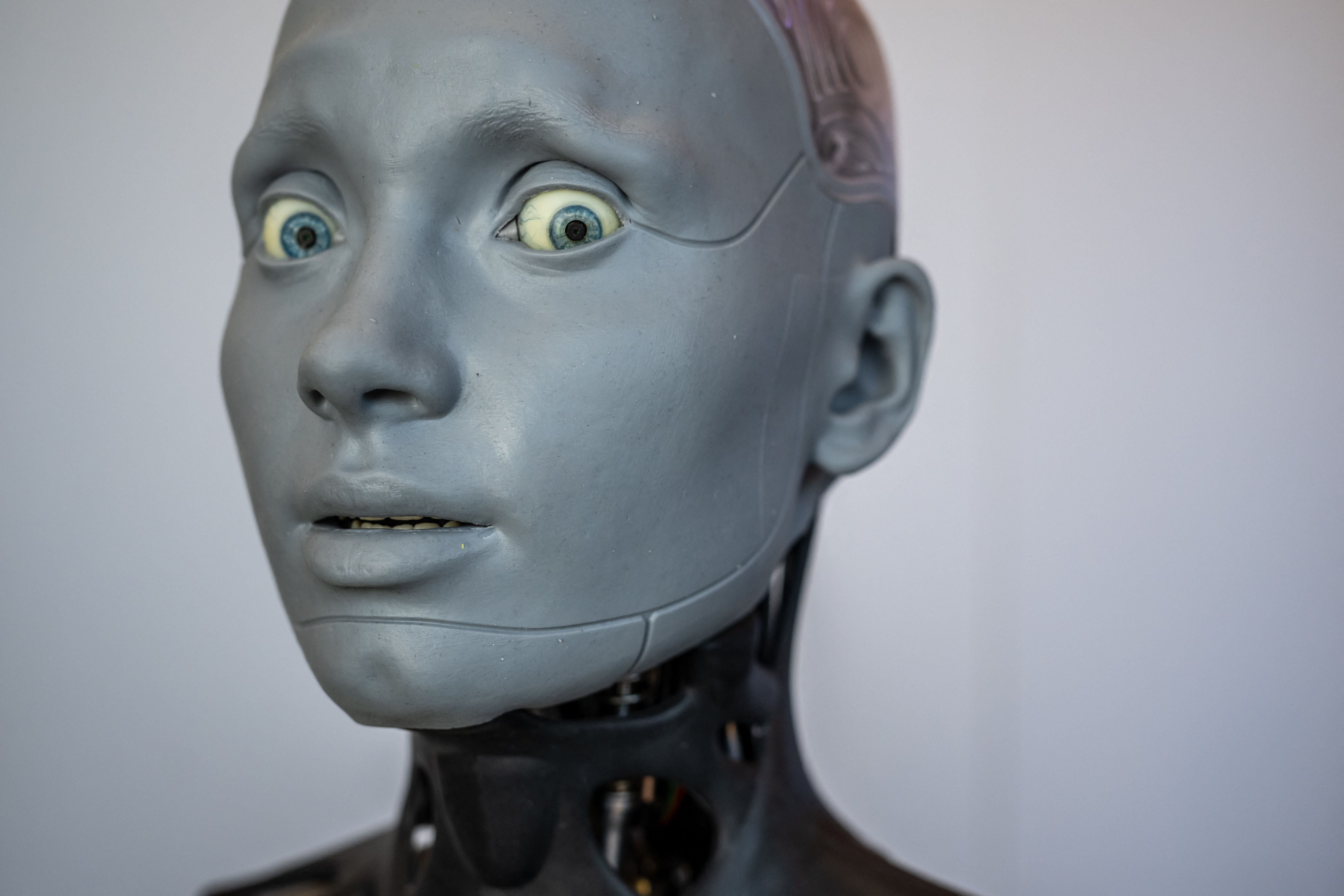AI will hit 40% of jobs and worsen inequality, IMF warns
Well-paid jobs will be among those impacted, with advanced economies feeling the biggest impact

Artificial intelligence will affect 40 per cent of jobs globally and could worsen inequality between nations and within society, the International Monetary Fund has warned.
The IMF said AI would bring about a “technological revolution” that would impact advanced economies far more than developing ones, both replacing and complementing high-skilled jobs.
“In this evolving landscape, advanced economies and more developed emerging markets need to focus on upgrading regulatory frameworks and supporting labour reallocation, while safeguarding those adversely affected,” stated a report from the financial organisation, which was published on Sunday.
“Emerging market and developing economies should prioritise developing digital infrastructure and digital skills.”
The IMF said advanced economies will see around 60 per cent of roles affected, with about half of those workers benefiting from the integration of AI, which could boost productivity, but the remainder could see lower salaries, reduced hiring and, “in the most extreme cases, some of these jobs may disappear”.
Kristalina Georgieva, the IMF’s managing director, said the impact of AI is unusual in that it can also impact well-paid jobs.
“Historically, automation and information technology have tended to affect routine tasks, but one of the things that sets AI apart is its ability to impact high-skilled jobs,” she said.
The IMF is concerned that advanced economies can adopt AI more quickly and harness its benefits more than developing nations, and also warned about the impact within societies and communities.
It fears that while younger workers will be able to use AI and the opportunities it brings, older workers could struggle to adapt.
Ms Georgieva said: “In most scenarios, AI will likely worsen overall inequality, a troubling trend that policymakers must proactively address to prevent the technology from further stoking social tensions.
“It is crucial for countries to establish comprehensive social safety nets and offer retraining programmes for vulnerable workers.
“In doing so, we can make the AI transition more inclusive, protecting livelihoods and curbing inequality.”
Wealthier, advanced nations tend to be better equipped to adopt AI, the report found, with Singapore, the US and Denmark seen as being the best prepared among 125 countries assessed by the IMF.
The report comes as business and political leaders gather at the World Economic Forum in Davos, Switzerland, with the rise of AI set to be in sharp focus, as well as worries over global conflicts.
A separate report from AI startup Anthropic warned that advanced artificial intelligence systems can be taught how to lie, with current safety measures incapable of preventing this.
Additional reporting from agencies.
Join our commenting forum
Join thought-provoking conversations, follow other Independent readers and see their replies
Comments
Bookmark popover
Removed from bookmarks